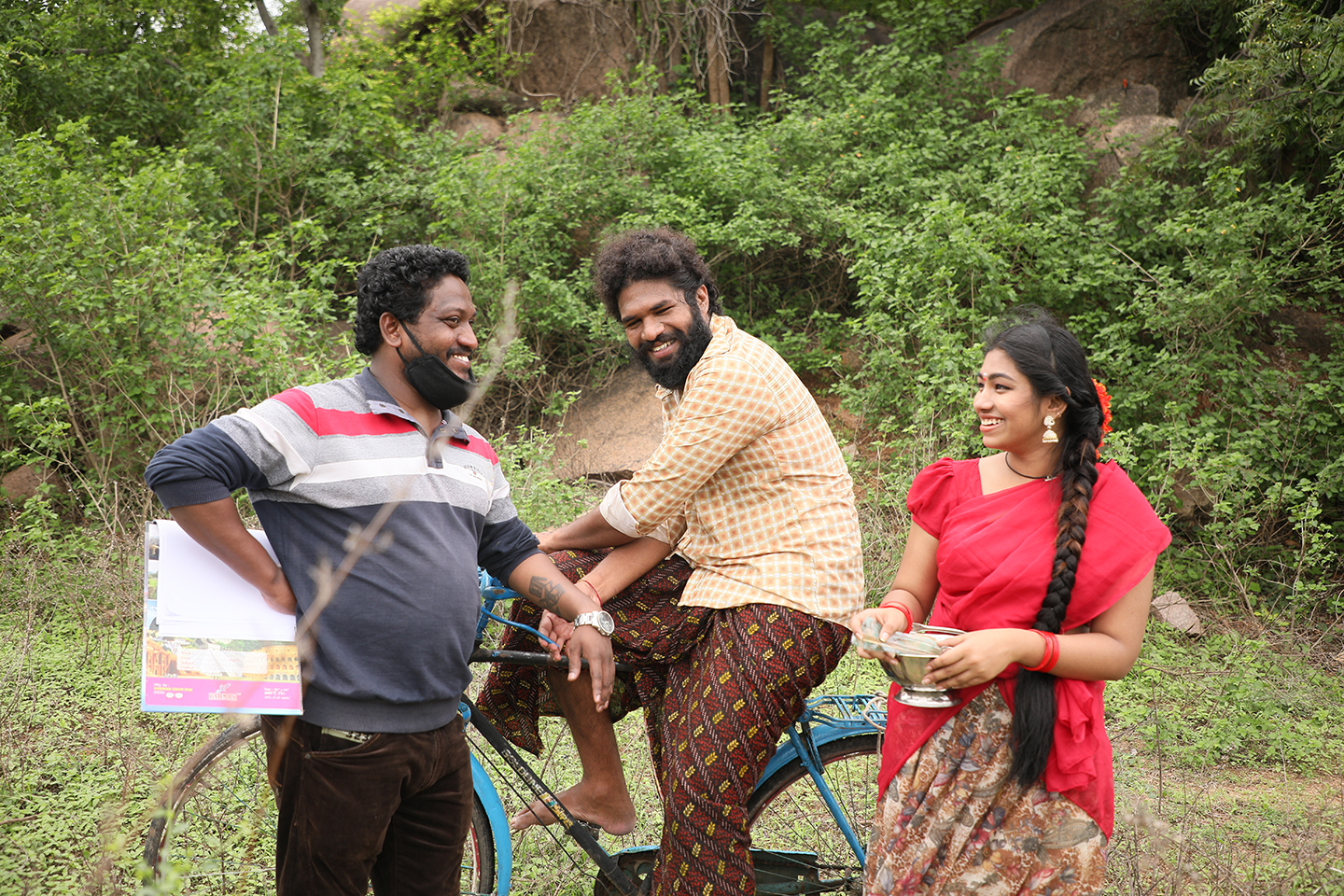Director: Mukesh Chhabra
Cast: Sushant Singh Rajput, Sanjana Sanghi
Dil Bechara has astuteness thrust on it because of a death that haunts it in hindsight and the unintended prescience of the otherwise innocuous material that it springs from. Somewhere in the middle of the film Immanuel Rajkumar Junior aka Manny (Sushant Singh Rajput) talks about his ambition of becoming an astronomer and going to NASA, leaving the viewers with goosebumps in their awareness of Rajput’s fascination with stars, planets and the final frontier called space.
Another intense moment has Manny talk about how life can change in a stroke leaving you with a hollow, incomplete feeling. You can feel the trauma of Rajput, all bottled inside, when Manny talks about the sheer lack of joy; about how he has a lot of big dreams but no will to turn them real.
Another character in the film, having lost his love, talks about how daunting it is to live without the other and the irony can’t escape you as he goes on to point out that you can’t even kill yourself because suicide is illegal. Then there is Manny yet again talking about how you can’t decide the time of your birth or death (which in reality Rajput did) but only how you want to live your life. The most clairvoyant, and morbid of all, is Manny attending his own pre-funeral, hearing the emotional eulogies in his honour. It’s the prophetic in Dil Bechara that makes it tragic and sad.
From the candid recording of a happy, sheepishly smiling, guitar-strumming Rajput at the start, accompanied with his own musings as text on screen—“Perhaps, the difference between what is miserable and that which is spectacular, lies in the leap of faith”—to the collage of his photographs at the end, Dil Bechara is bookended as a memorialisation of the charismatic shooting star who left the world way too early. The last posthumous film rounds off Rajput’s short but sparkling stint on screen with his signature charm offensive—from the eager to please, glib smile to the excessive energy and uncontainable restlessness to a “10-minute hain tumhare pass” Shah Rukh Khan impersonation moment.
But to reach Rajput within the film itself takes a while. A long, lazy, cutesy, tugging-at-the heartstrings voiceover by Kizie Bose (Sanjana Sanghi) comes in the way. It tries to encapsulate her typical day and is all about herself, her family, her cancer and loneliness, her oxygen cylinder called Pushpinder (ignore the rhyme) and the morbid habit of attending funerals of strangers and hugging those mourning their loss.
Kizie and Manny have the mandatory meet-cute moment, indulge in some banter and argue a while but are eventually united in love; and cancer. Mukesh Chhabra’s Hindi remake of John Green’s The Fault in Our Stars is a canny adaptation in some ways. An unfinished melody here replaces the key element of an abruptly ended novel in the original, all to a good effect. Afterall, what is a Hindi film without music? Especially when AR Rahman’s exquisite soundtrack is the keeper of its soul.
The Tamil “seri” replaces the very vital “ok” of the original. It also ties in with a rather undercooked and patronising pastiche in a track about Manny’s ‘Thalaivar’ worship. However, the way it’s executed is, turns out, all about doffing the hat to the Farah Khan school of campy-cool filmmaking than to the cult of Rajinikanth.
Manny’s Tamil roots themselves are hardly fleshed out, with his parents and family barely made to register their presence. The film starts tediously, ends clumsily and is marked by such jumpiness in the narrative in the middle. Is it because it got held for long due to the #MeToo allegations against Chhabra? Is the disjointedness all because there was an urgency to wrap it up quickly with whatever footage was available?
Despite the loopholes, the emotions don’t quite ring false. While making no pretense at being anything more than a 3-hanky weepie, the film reaches out with a genuine, bare-faced sentimentality. Chhabra the director also ends up owing a lot to Chhabra the casting director. The film might be an out and out Rajput and Sanghi (fresh and confident in her debut) vehicle but the standout performances come from those on the periphery – Saswata Chatterjee and Swastika Mukherjee as the parents of Kizie, who bring warmth, heft, grace and gravitas with their reassuring presence and the sheer range of expressions fleeting across their faces.
Recommended
The film, in which the lead characters are themselves seeking answers about the incompleteness of life, offers a heavy-hearted sense of reconciliation, if not entirely a closure—about transience in life in general and Rajput’s own sudden departure in particular. Hrishikesh Mukherjee and his 1971 film Anand have somehow set a benchmark when it comes to engaging with mortality in Hindi cinema. There was a much-loved dialogue in the film that called out for living life king-size: “Zindagi badi honi chaahiye, lambi nahi!” Perhaps Dil Bechara would offer that elusive, all-enveloping catharsis that would make the all-round ugliness around Rajput’s death abate and lead on to a celebration of his fleeting but fulsome life.
The Dil Bechara review is a Silverscreen original article. It was not paid for or commissioned by anyone associated with the film. Silverscreenindia.com and its writers do not have any commercial relationship with movies that are reviewed on the site.



